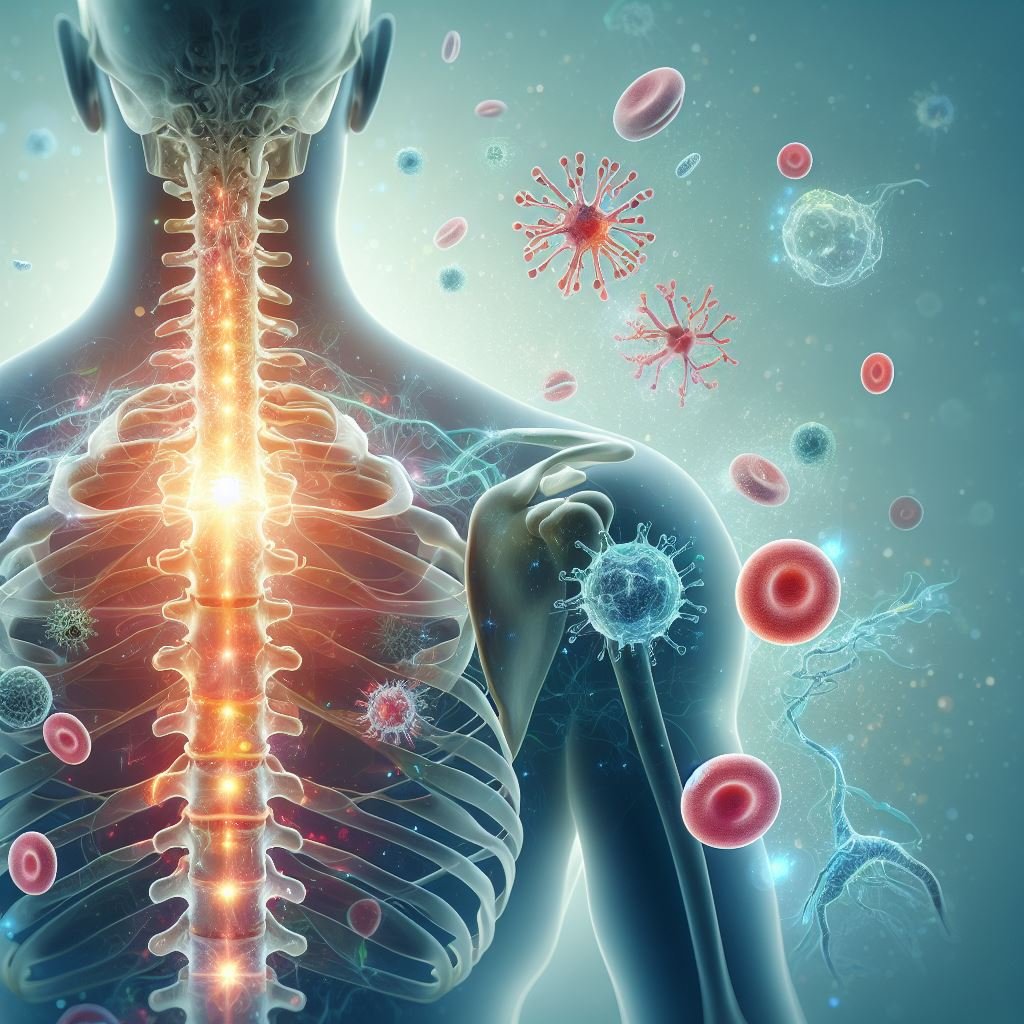Overview
The complex interaction between the central nervous system and the enteric nervous system of the gut is referred to as the "gut-brain connection," or "gut-brain axis." This relationship is essential to general health and wellbeing because it affects everything from immunological response and digestion to mood and mental health. Dysbiosis, or an imbalance in the gut microbiome, can have a significant impact on both physical and mental health, contributing to diseases like leaky gut, depression, and irritable bowel syndrome (IBS). The gut and brain have an impact on each other's health and function, forming a bidirectional communication network known as the gut-brain connection.
The Impact of the Gut Microbiota on Health
A healthy gut microbiota is necessary for:
Immune function: A healthy gut microbiome helps regulate the immune system, preventing overactive or underactive responses.
Digestion: Gut bacteria break down complex foods, absorb nutrients, and produce vital vitamins.
Mental health: The gut-brain connection influences mood, cognitive function, and emotional well-being.
Inflammation: Gut bacteria help regulate inflammation, reducing the risk of chronic diseases.
Nutrient absorption: Gut bacteria aid in the absorption of essential nutrients, promoting optimal health.
An imbalance in the gut microbiome can lead to:
Leaky gut: Increased permeability of the gut lining, allowing toxins and undigested food particles to enter the bloodstream.
IBS: Chronic symptoms like bloating, abdominal pain, and altered bowel habits.
Depression: Gut dysbiosis has been linked to increased risk of depression and anxiety.
Autoimmune diseases: Imbalances in the gut microbiome have been linked to conditions like rheumatoid arthritis and lupus.
Neurological disorders: Gut dysbiosis has been linked to conditions like Parkinson's disease and multiple sclerosis.
How Dr. Ron Sinagra Supports Gut Health
Dr. Ron Sinagra and Sunrise Wellness Center use functional medicine and chiropractic care to support gut health, addressing underlying imbalances and promoting a balanced gut microbiome. By identifying and addressing underlying causes of gut dysbiosis, Dr. Sinagra helps patients:
Improve digestion and nutrient absorption
Enhance immune function
Reduce symptoms of leaky gut and IBS
Support mental health and mood
Reduce inflammation and chronic disease risk
Dr. Sinagra's approach includes:
Dietary changes and nutritional support
Probiotics and prebiotics
Chiropractic care to address spinal misalignments and promote nerve function
Functional medicine testing to identify underlying imbalances
Stress management and relaxation techniques
By understanding the gut-brain connection and addressing imbalances in the gut microbiome, individuals can take a holistic approach to health and well-being, promoting optimal physical and mental health.
References:













